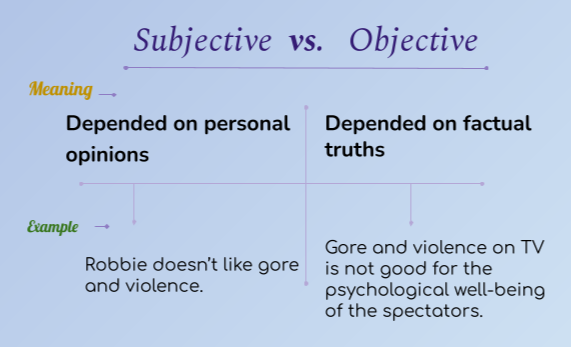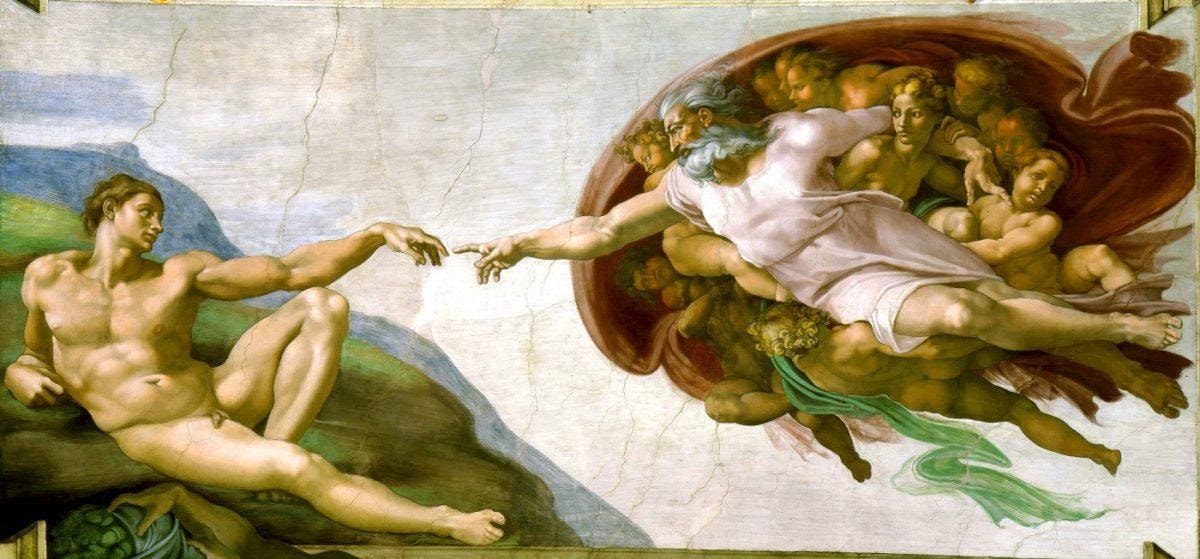The problem is that trees and plants could also argue they don’t believe in jetliners and skyscrapes because it’s simply beyond their ability to comprehend. It does not mean these things do not exist, only that lower forms of life are unable to understand the realities of higher life forms. We, being human know these things but we too have our own limitations. To say another Being above and beyond our comprehension does not exist is only because of our own limitations. We do not actually know that.I’ve been reading through a couple of threads, and I see that it is said that there is no evidence for a god, it’s an unfalsifiable idea. We all agree on this? If you don’t, care to explain the evidence there is for god?
I’m in agreement. I used to believe my personal experiences to be subjective evidence for god, but I know now that’s not the case. I am not a theist anymore because I recognize I was a Christian thanks almost completely to my environment. That’s why I believed. I was brought up in it. Wasn’t because of any proof or anything,
So, theists, why do you believe? Is it mainly because of your environment and geographical location? There is no proof for god (right?), so what logically keeps you believing? Or is logic not supposed to be a factor when it comes to faith? Is it too jarring, the idea of leaving the comfort that religion and belief in a god brings?
I am curious about personal evaluations on why you believe. It can’t be because of logic, as there is no proof of god, right?
The Baha’i definition of God is the ‘Unknowable Essence’. So something that by definition is unknowable cannot be comprehended by the human mind, but I believe we would be as foolish to say God does not exist just as the tree may think submarines to be a myth. The gist of this is that we don’t know all that there is to know so how can we categorically dismiss the idea of the existence of a Supreme Being Who is All Knowing and intelligent? We can dismiss the idea but not rationally for rational dictates we do not know everything to make such a call.
But we do have the Prophets, almost superhuman Who have spread this knowledge of God everywhere and not the cruellest torture mongers could stop Them from spreading worldwide that God exists. But that doesn’t mean we are forced to believe and follow. It all comes down to choice and billions have chosen to accept that fact. But anyone is free to say that God the ‘Unknowable Essence’ can never be proven because the human mind cannot ever prove God because anything we imagine to be God is but our own imaginations not God. God is unknowable.





